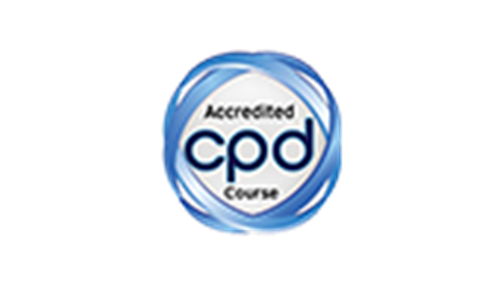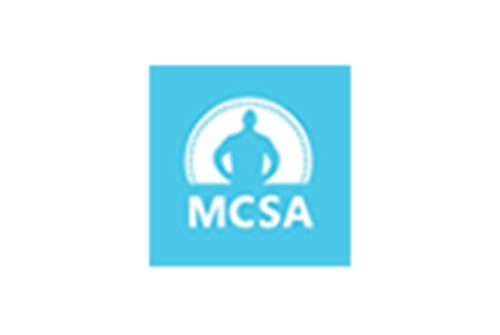They might feel that turning to alcohol is easier since they fear others may judge them for their mental illness. The rise of home delivery services for alcohol enabled people to avoid stepping outside and possibly getting sick, but also further isolated them, Siegel said. Other policy changes, like permitting alcohol to be carried in to-go cups, posed "a risk factor for excessive alcohol use," Esser said. By 2020 to 2021, alcohol contributed to more than 178,000 U.S. deaths per year on average, the report said. Many theories of the causes of alcoholism rest on the limited perspectives of specialists in particular disciplines or professions. More discerning theories take into account the complexity of the disorder and acknowledge that alcoholism is usually caused by a combination of factors.
- We provide numerous forms of behavioral therapy, individual counseling, group therapy, holistic therapy methods, and specialized treatment options such as dual diagnosis.
- Endorphins lead to feelings of relaxation, pleasure, and satisfaction.
- Behavioral therapies can help people develop skills to avoid and overcome triggers, such as stress, that might lead to drinking.
- It's also called alcohol dependence, alcohol addiction or alcohol abuse.
- Medications can make detoxification safe while avoiding the worst symptoms of withdrawal.
- Drinking has been a socially acceptable practice all over the world for many years, and adults can feel pressure to be part of this.
American Addiction Centers (AAC) is committed to delivering original, truthful, accurate, unbiased, and medically why are people alcoholics current information. We strive to create content that is clear, concise, and easy to understand.
What is alcohol use disorder?
The presence of any of the below factors can make a person more at risk of developing alcohol addiction. Alcoholism, or alcohol use disorder, is characterized by someone continuing to drink even when it harms themselves, their health, their friendships, their job and other aspects of their life. Alcoholism is caused by a variety of factors, including genetics, environment, upbringing and the presence of co-occurring mental health disorders. While the factors that determine someone's likelihood of becoming an alcoholic are complex and can only be interpreted by a clinician, the symptoms are much easier to spot. If someone is concerned about their or a loved one's alcohol use, they can look for some straightforward signs and symptoms.
- Tolerance means you'll need more alcohol to feel the same effects you used to feel with less.
- The more you turn to alcohol to ease feelings of pain and hardship, the more your body becomes tolerant to the drug and relies on its effects.
- Treatment for addiction takes many forms and depends on the needs of the individual.
- About 1.2 million of those people sought treatment for both alcohol and illicit drug abuse, or 51% of those needing alcohol treatment.
- Research in animals has linked the development of compulsive drinking behaviour to a specific circuit in brain that runs between the prefrontal cortex and the brainstem.
- Treatment for alcohol use disorder varies depending on the severity of your symptoms and how long the condition has persisted.
It can cause alcohol poisoning or lead to other dangers like motor vehicle accidents. If you have it, you should know that you are not alone and you are living with a chronic medical condition that needs proper management and treatment. Some research shows that up to 6.2% of the American population lives with this condition. Recognizing that you need help is the first step in your treatment journey.
Most Common Causes of Alcoholism
Alcohol withdrawal can occur when alcohol use has been heavy and prolonged and is then stopped or greatly reduced. Signs and symptoms include sweating, rapid heartbeat, hand tremors, problems sleeping, nausea and vomiting, hallucinations, restlessness and agitation, anxiety, and occasionally seizures. Symptoms can be severe enough to impair https://ecosoberhouse.com/ your ability to function at work or in social situations. Alcohol intoxication results as the amount of alcohol in your bloodstream increases. Thus, although the frequency of alcohol-related problems is highest among men aged 18-30, the development of chronic alcohol dependence for both men and women is most common from ages 25 to 50.






























 WhatsApp
WhatsApp